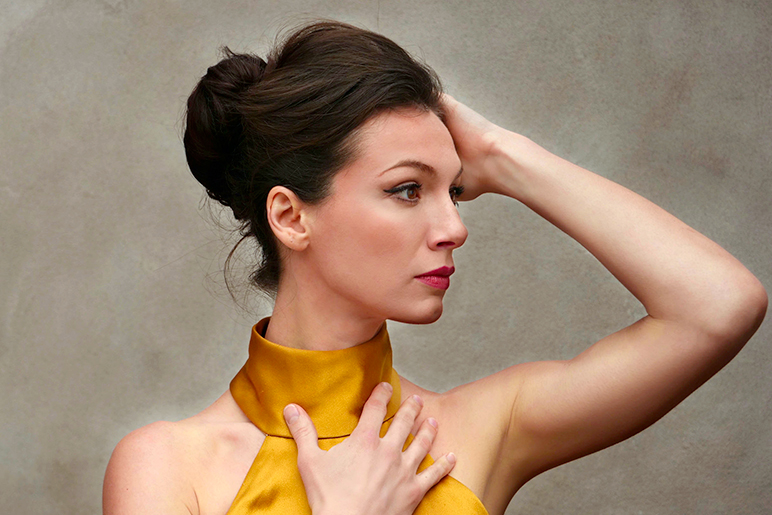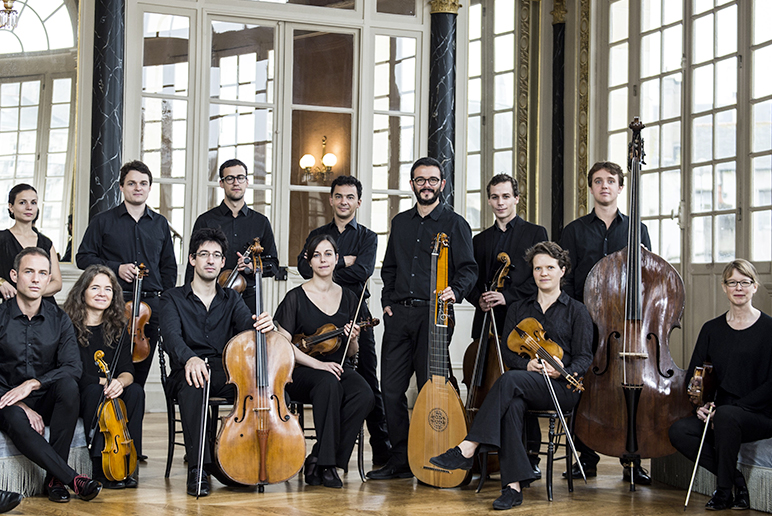L’Incoronazione di Poppea
Claudio Monteverdi
The last work by Monteverdi, the genius behind the invention of the modern opera form in all its theatrical richness.
Catherine Trottmann | Poppea
Ray Chenez | Nerone
Victoire Bunel | Ottavia / La Virtù
Paul-Antoine Bénos-Djian | Ottone
Adrien Mathonat | Seneca / Consulo
Paul Figuier | Arnalta / Nutrice / Famigliare
Maïlys de Villoutreys | Fortuna / Drusilla / Damigella
Camille Poul | Amore / Valetto
Sebastian Monti | Lucano / Soldato / Famigliare
Thibault Givaja | Liberto / Soldato
Yannis François | Littore / Famigliare / Mercurio
Le Banquet Céleste
L’Incoronazione di Poppea is probably the first opera to be based on a theme drawn from history. However the historical subject matter ultimately takes a back seat. The work is essentially a depiction of love which is all the more sublime and pure because it brings together two people characterised by wickedness and infamy, just like in the Annals of Tacitus. Although the last opera by the Master of Cremona heralds the birth of modern opera by inventing a new type of theatricality, he was equally innovative in his daring use of rhythm, harmony, and voice in the pursuit of dramatic effectiveness. Singing is given pride of place; the decision to use a reduced orchestra allows passions to be expressed with striking realism because the voices are so luminously exposed.
Production Jeanine Roze Production


